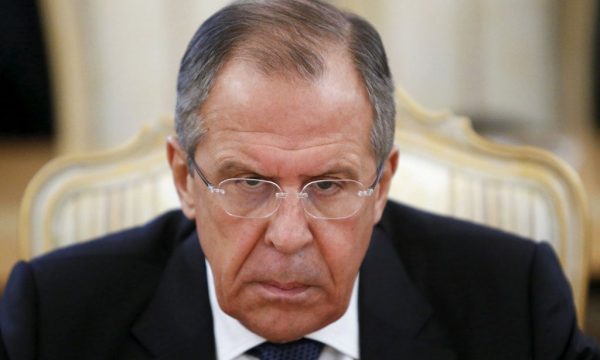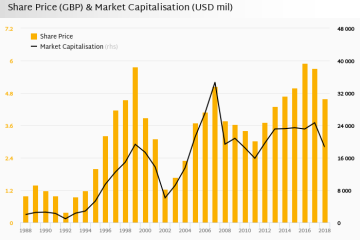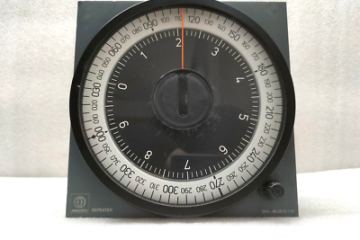Sergey Lavrov: The Architect of Russian Foreign Policy

Introduction
Sergey Lavrov, the Minister of Foreign Affairs of Russia, has long been a pivotal figure in international diplomacy and geopolitical strategy. His role has become increasingly relevant amid escalating tensions and shifting alliances in global politics. In recent months, Lavrov has continued to steer Russia’s foreign policy, addressing critical issues ranging from the Ukraine conflict to relations with Western nations.
Recent Developments
As of late 2023, Lavrov has been actively engaging with various countries to strengthen Russia’s geopolitical presence. Recently, he visited multiple nations in Africa and Asia, promoting Russia’s economic and military partnerships. During a summit in Addis Ababa, Lavrov emphasized Russia’s commitment to fostering mutually beneficial relationships, countering what he described as Western hegemony.
On the European front, Lavrov’s statements have often been characterised by a defensive posture against sanctions imposed by the EU and the US. He has stated that Russia is resilient and that these pressures will not deter Moscow from pursuing its foreign objectives. Moreover, Lavrov has accused Western nations of using Ukraine as a proxy in their geopolitical game, urging for a multipolar world order where no single power dominates.
Implications of Lavrov’s Actions
Lavrov’s recent diplomatic activities highlight Russia’s strategy of diversifying its international partnerships and asserting independence from Western influence. With interviews and conferences, he articulates a vision of a world where countries collaborate based on mutual respect and equality. This approach resonates particularly in regions historically influenced by Western colonialism, where Russian support is often welcomed as a counterbalance.
Furthermore, Lavrov’s ongoing dialogues concerning military cooperation and trade agreements reflect a broader trend among nations to seek alliances beyond traditional Western spheres of influence. As tensions continue to rise in various hotspots, Lavrov’s role as a negotiator and spokesperson for Russia remains critical in shaping 21st-century international relations.
Conclusion
In conclusion, Sergey Lavrov continues to be a significant player on the global stage as he navigates complex relationships in an increasingly fractured world. His positions and policies not only reflect Russia’s stance but also signal potential shifts in global alliances. As tensions persist, the effectiveness of Lavrov’s diplomatic efforts will be crucial in determining the direction of international relations and the balance of power. Observers expect to see continued engagement from Lavrov as he adapts to the evolving geopolitical landscape, making him a key figure to watch in the coming months.








